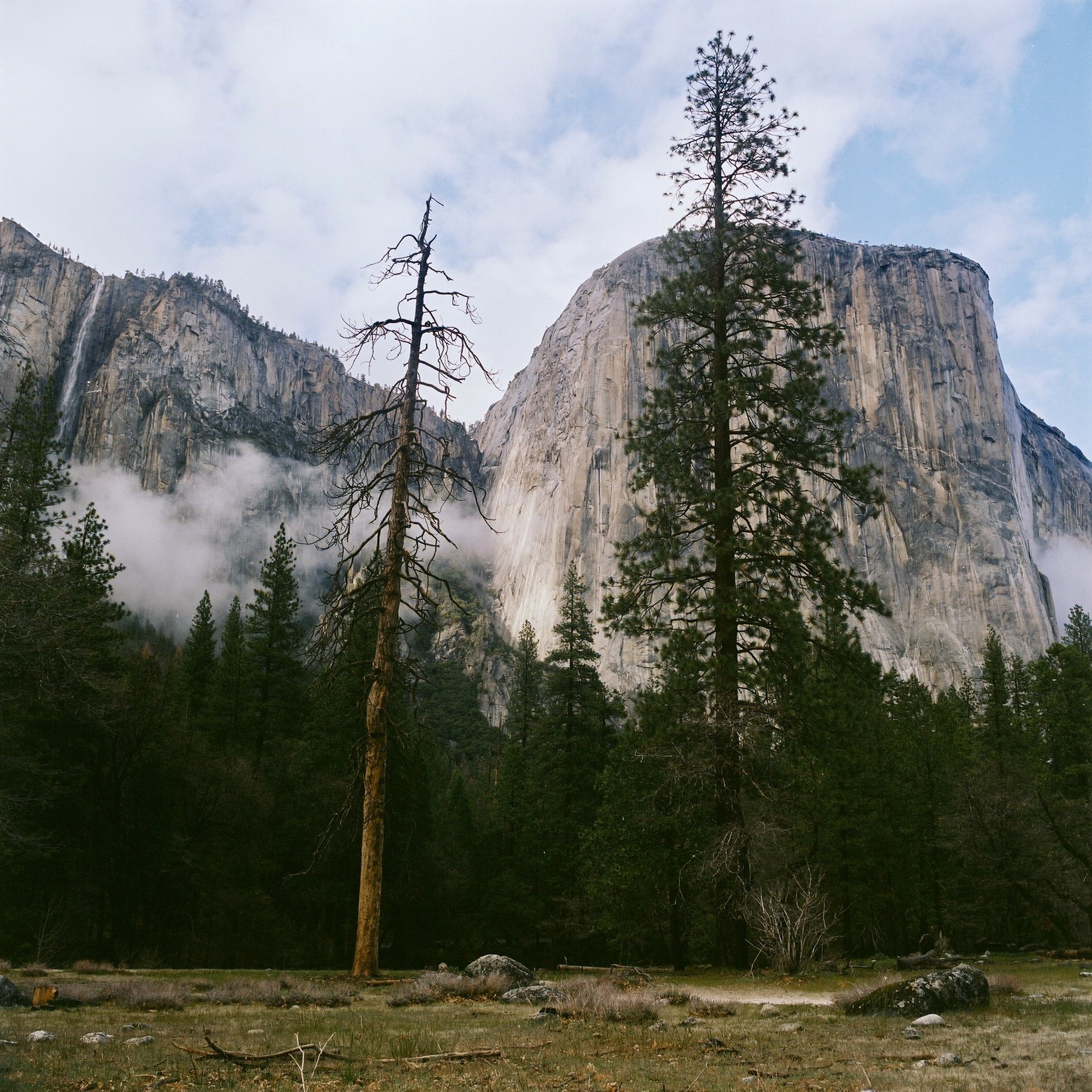Research Projects
Vagueness
In my dissertation, Vagueness and the Virtues of Deferring Decisions, I develop and defend a theory of vagueness which employs semantics that have yet to be applied to the topic while also offering a richer explanation of the phenomenon and the role it plays in our cognitive and communicative lives. By modifying the set-up of coordination problems that Lewis introduced in Convention, I argue that the strategic processes which guide individuals to establish conventions should be understood as multi-armed bandit problems. I then argue that we can think of the way language gets used as an epsilon-greedy approach to these bandit problems. This allows language users to postpone semantic decisions and strike a balance between “earning and learning” with their language use. Building off of this meta-semantic account of vagueness, I argue that the truth of vague assertions is an instance of a future contingent and thus that the semantics of vagueness reduce to the semantics of future contingents. I then show how employing MacFarlane’s assessment-sensitive semantics for future contingents can allow us to make good on the idea that borderline cases of vague predicates can “go either way”, which no other indeterminist account of vagueness has done.
Physicalism
In my paper, [title redacted while under review], I try to make progress on the so-called “condition question” of physicalism by advancing a causal account of what it means for an entity to be physical. I show how understanding the physical as the extension of a causal network with a certain structure allows us to get the extension of “physical” correct while also avoiding the triviality worries that plague physics-based definitions of the physical.
Yosemite, 2022
Muir Woods, 2024
Thought Experiments
Thought-experiments, intuition pumps, and hypothetical scenarios all play a large part in contemporary philosophy, yet how exactly they’re supposed to work remains unclear. I argue that prominent accounts of thought-experiments fail to apply to propositions involving open-texture concepts, and that this spells trouble for their applicability to philosophical theses.

